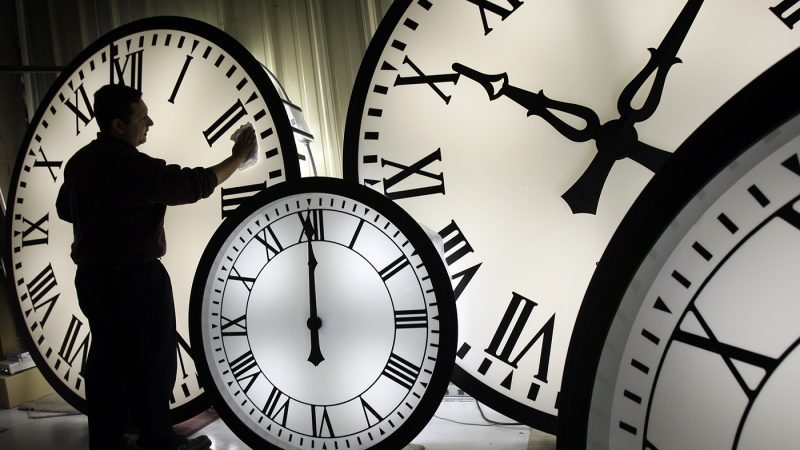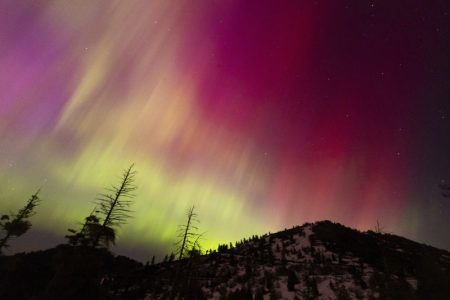(NEXSTAR) — You might be feeling tired as you read this, because our clocks moved forward an hour as daylight saving time started overnight. Or maybe you didn't really notice the time change, since almost all of our clocks are digital and we don't need to adjust them.
Unless, of course, you live in one of two states that don't follow daylight saving time. Then this Sunday is just like every other Sunday.
Hawaii and most of Arizona stay in one time zone all year, so they don't switch their clocks in March and November like the rest of us.
Since 1968, Arizona has followed Mountain Standard Time all year, except for the Navajo Nation. For Arizona, the decision was mostly based on the amount of sunlight the state already gets.
In both cases, the states already get a lot of daylight, so that's why they don't participate.
If you've ever been to Arizona, it's easy to understand why they prefer the nighttime hours to come a little earlier in the summer. As The Arizona Republic explains, by staying on Mountain Standard Time all year, the sun sets earlier (at least according to the clocks), providing some relief on a hot summer day.
Because Hawaii is so close to the equator, there isn't much difference in how much daylight they see throughout the year. And why bother “saving” daylight when you already get so much of it? sun But what about the other states that experience high temperatures and lots of sun? Why can't Texas, Nevada, or Florida keep their clocks unchanged?
Under the Uniform Time Act of 1966, states can exclude themselves from daylight saving time
by observing permanent standard time all year, but they cannot observe permanent daylight saving time all year. So far this year, lawmakers in Massachusetts, New Hampshire, and West Virginia have introduced bills that would keep their states on permanent standard time all year. Meanwhile, lawmakers in have introduced bills in recent months to observe daylight saving time permanently, which would require action by Congress. A similar bill in already failed to pass.
Many states have attempted to pass bills to make permanent daylight saving time the norm or enacted resolutions that would allow the state to do so if Congress gives them permission. At least 19 states have already enacted such legislation or resolutions California, Illinois, Indiana, Kentucky, Congress has attempted to pass laws concerning daylight saving time., That includes the 2023 version of Sen. Marco Rubio’s Sunshine Protection Act introduced by Rep. (R-Mich.) to give states the power to stay on daylight saving time all year, and a similar brought forth by Rep. Ralph Norman (R-S.C.). All three were referred to committees, where they have remained since March 2023., New York, Oregon, Washington and Unless Congress (or your local lawmakers) take action, daylight saving time ends on November 3 this year. Did you remember to set your clock ahead an hour this morning? If you live in one of two states, you don’t even have to think about daylight saving time.
Meanwhile, lawmakers in Mississippi, Missouri, New Jersey, New York, Oklahoma and Virginia, have introduced bills in recent months to observe daylight saving time permanently, which would require action by Congress. A similar bill in Nebraska already failed to pass.
Many states have tried to pass bills to make permanent daylight saving time the norm or enacted resolutions that would allow the state to do so should Congress give them permission. At least 19 states have already enacted such legislation or resolutions, according to the National Conference of State Legislatures.
Congress has tried to pass laws regarding daylight saving time.
That includes the 2023 version of Sen. Marco Rubio’s (R-Fla.) Sunshine Protection Act, a bill introduced by Rep. Mike Rogers (R-Mich.) to give states the power to stay on daylight saving time year-round, and a similar bill brought forth by Rep. Ralph Norman (R-S.C.). All three were referred to committees, where they have remained since March 2023.
Barring any action by Congress (or your local lawmakers), daylight saving time ends on November 3 this year.









